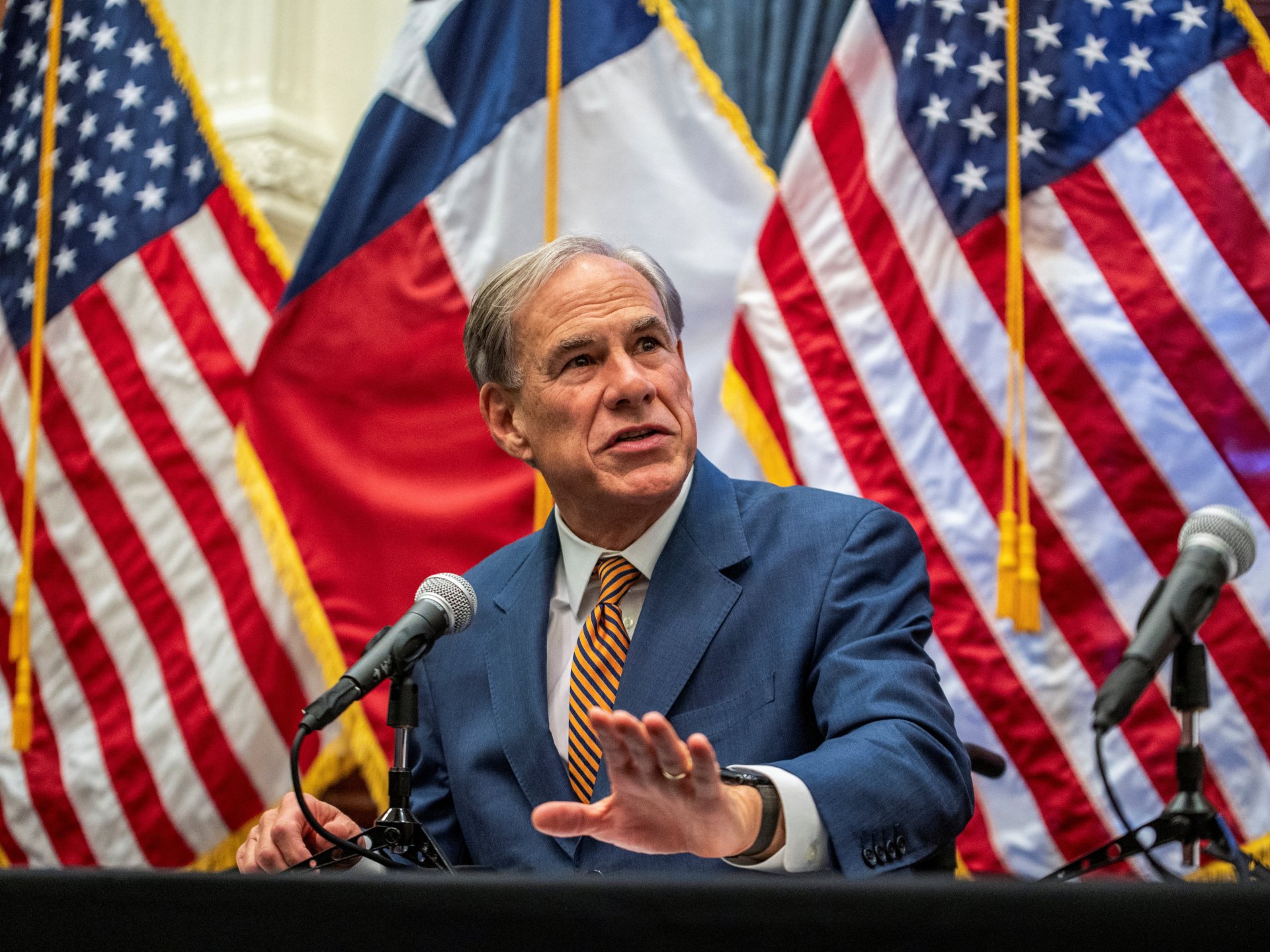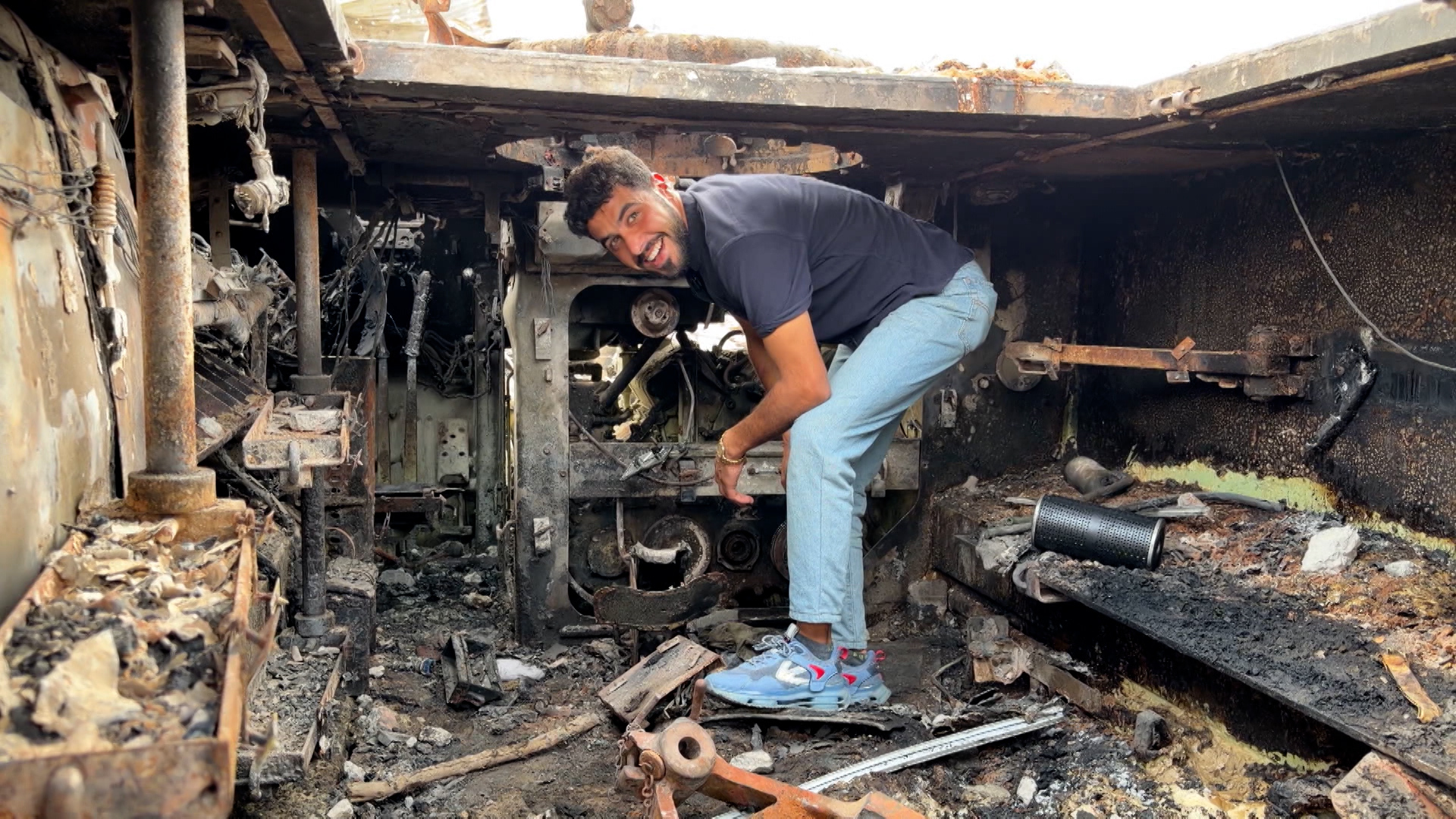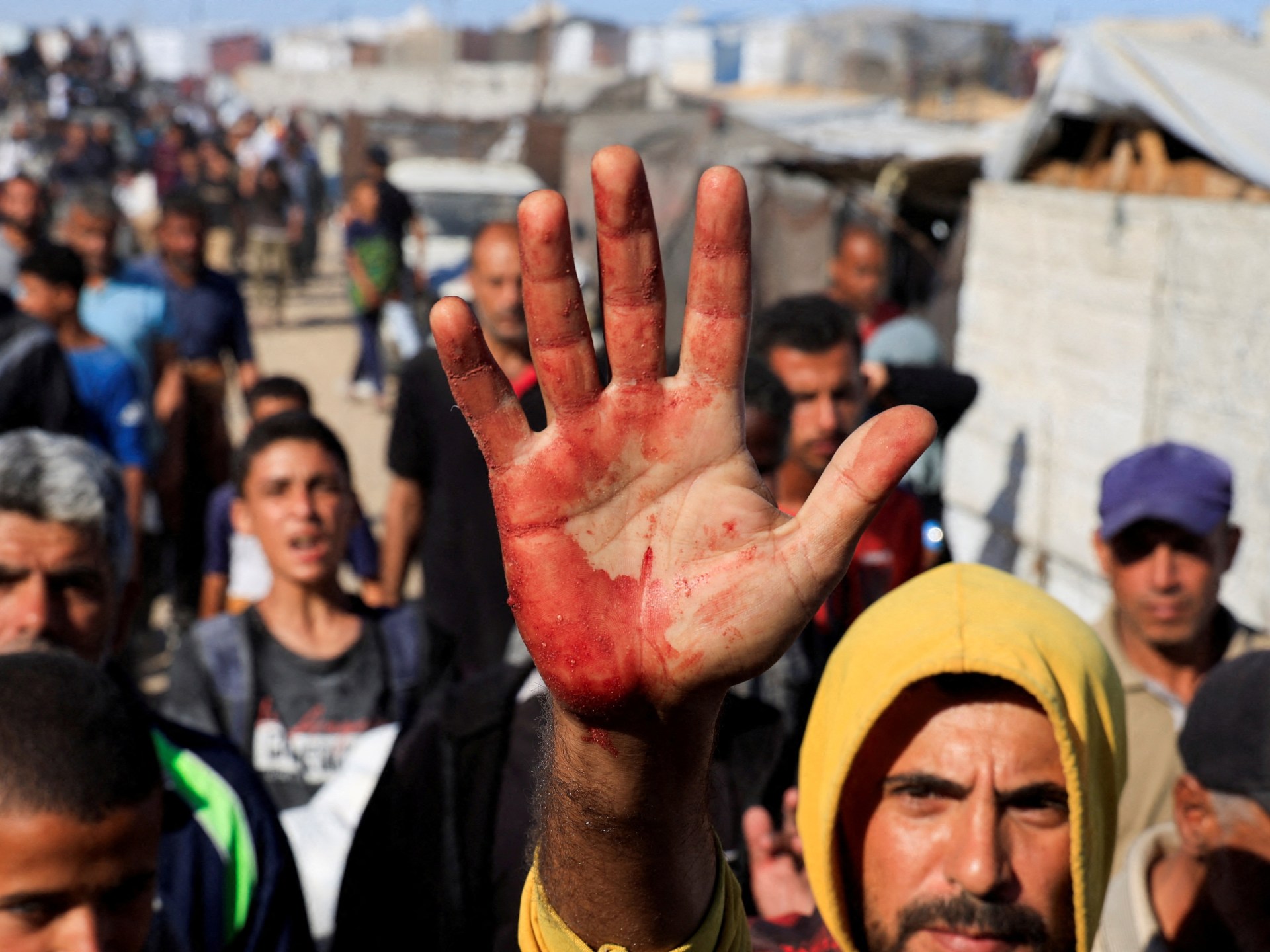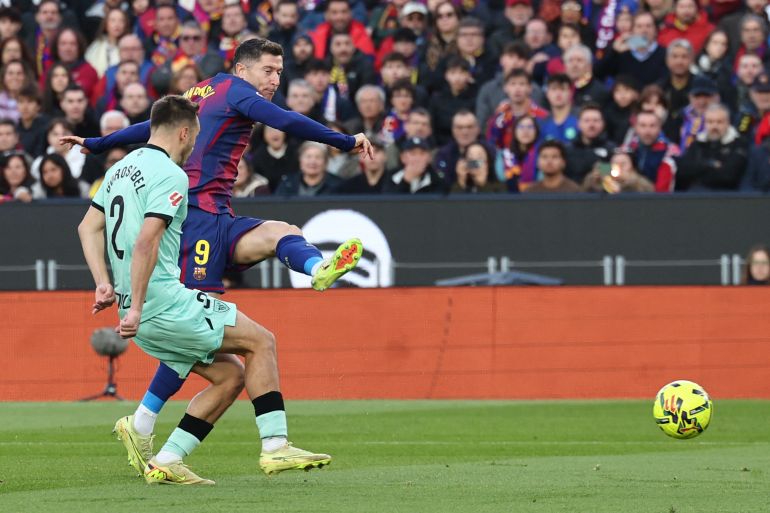No evidence, complaints, or other legal irregularities were used as the sole basis for the official investigation into the so-called “Sharia courts” that was called for on November 19 by Texas Governor Greg Abbott. A political performance was given. In Texas, there are only voluntary Muslim mediation panels that follow the same rules as the Jewish beth din courts and Christian arbitration services.
Abbott claimed in a letter to district attorneys and sheriffs that “the Constitution’s religious protections provide no authority for religious courts to circumvent state and federal laws simply by donning robes and pronouncing positions inconsistent with western civilization,” suggesting that Muslims were secretly creating an alternative legal system.
Not law enforcement, this. It serves as political theater for stoking fear.
The Council on American-Islamic Relations (CAIR), the largest Muslim civil rights organization in the nation, was designated a “foreign terrorist organization” (FTO) on November 18th, according to an executive order signed by Abbott.
No crimes, no violence, no plot, and no prosecution history were cited in the order. Simply put, the broad assertion that an American civil rights organization was a threat to national security was false.
Lawyers immediately made the point that only the US federal government has the authority to designate FTOs. The issue was not, once more, legal accuracy.
More important than anything else, this ineffective order was political messaging. It was intended to show that Muslim Americans, their institutions, and civic engagement pose a security risk.
Abbott’s actions are the most recent manifestation of a protracted American panic machine that transforms everyday Muslim life into a threat narrative. This propaganda machine has used Sharia repeatedly to gain political advantage and has been in use for decades.
For instance, in the late 2000s, a coordinated national campaign spearheaded by organizations like ACT for America and activists like David Yerushalmi pushed lawmakers to pass “anti-Sharia” bills. More than 40 states began considering laws preventing courts from interpreting “foreign law,” a euphemism that was widely accepted to refer to Islamic law in the early 2010s.
The most extreme example is from Oklahoma, where voters approved a constitutional amendment that explicitly forbids Sharia and international law. A federal judge halted the law when it was challenged in court.
These measures were seen as political stunts, not as solutions to actual legal issues, as this and other legal challenges demonstrated. The wider campaign succeeded in promoting the notion that Muslim religious practice itself poses a threat to national security, easing the way for further upheavals, such as Abbott’s recent actions in Texas.
A Muslim-led real estate project was targeted with a Department of Justice (DOJ) investigation months prior to the “Sharia courts” investigation, which was referred to as a “Sharia colony” online. Local residents were informed that the neighborhood would be governed by Islamic law, that non-Muslims would be exempt, and that the development was a result of a scurrying Islamic takeover. None of the rumors were accurate; the project was merely aimed at resolving the area’s housing crisis.
In June, the DOJ closed its investigation, but Governor Abbott signed a law   that would outlaw “Sharia compounds” in Texas.
This dynamic extends far beyond Texas. In Tennessee, Murfreesboro mosque opponents claimed that Muslims were deserving of First Amendment protection because they were not a religion. The argument defied centuries of constitutional law, but it was irrelevant because it was intended to make Muslim religious life appear to be legally unconstitutional.
Viral hoaxes have repeatedly claimed Dearborn, Michigan, a city with one of the nation’s oldest Arab and Muslim communities, has been “taken over by Sharia law.” Images from other countries, manipulated headlines, and manufactured videos have been distributed to give the impression of Islamic rule on American soil. These rumors have persisted despite fact-checks that have proven them false.
Additionally, it has been targeted by Muslim public figures. Mayor-elect Zohran Mamdani of New York City was accused of plotting to end “Sharia rule” if elected, but during his campaign he faced racist memes and conspiracy theories. None of Mamdani’s policy proposals contain any kind of religious content. His priorities include police accountability, housing, and mass transit. A Muslim serving in public office is always viewed as a Trojan horse, according to those who are invested in Sharia panic.
These flames have been sparked by Republicans, not just by them. The fundamental idea that Islamic law is inherently foreign, inherently political, or inherently incompatible with American values has been repeatedly adopted by major newspapers, liberal politicians, and even civil liberties organizations. They effectively support the narrative structure of Islamophobia even when they claim to oppose it by accepting the premise that Sharia is a threat.
These incidents demonstrate a consistent pattern: Sharia’s panic is not about the rule of law, safety, or constitutional principle. In a nation where demographic change is a problem, boundary maintenance is the topic. It’s about who is perceived as American and who continues to be a permanent suspect. The panic keeps resurfacing because it is useful as a tool for policing civic belonging, justifying state surveillance, and not because it refutes legitimate concerns.
This is even more ironic because Sharia, as understood by Islamic scholars over the years, bears little resemblance to the caricatures that shape US politics. Sharia , an Arabic word for “a path to the water,” is a metaphor for moral and spiritual nourishment.
It offers a broad ethical framework that emphasizes accountability, welfare, and justice. The foundational objectives of the organization are the  and maqid al-shara; they also focus on safeguarding human dignity, property, intellect, and morality. The tradition contains sophisticated theories of equity (istisn), public interest (malala), and custom (urf), which resemble the equitable and contextual tools of contemporary common law systems.
Sharia shares profound structural similarities with Western legal traditions, far from being an alien code. Numerous fundamental elements of English common law, as Professor John Makdisi demonstrated in a groundbreaking article published in the North Carolina Law Review, bear striking similarities with Islamic legal systems, which were probably brought up by Norman Sicily. This historical context is significant because it exposes the absurdity of the notion that Islamic law is inherently incompatible with Western rule, not because it breaks down distinctions between legal systems.
That legacy was once understood by the US. In 1935, the Supreme Court’s chamber was decorated with a marble frieze displaying the greatest lawbreakers in the world, including Prophet Muhammad, who was depicted as a Quran-holding person as a sign of morality and justice. Accepting a simple historical fact today would instill outrage.
Islam entering American civic life is not the cause of the renewed Sharia panic; it is more. All of these are recast as existential threats because of Muslim political participation, Muslim community development, Muslim institutions, and Muslim representation. Sharia becomes a flexible container for a much older anxiety: the fear of a pluralistic America as the nation approaches another election cycle sparked by anti-diversity rhetoric, anti-Muslim conspiracy theories, and attacks on Middle Eastern studies programs.
Not Sharia poses a threat. The danger lies in the political machinery that makes regular Muslim Americans look foolish, swayed, and used as props in a failed cultural war. Not Islamic law, but the weaponization of fear, is what Americans should be afraid of.









